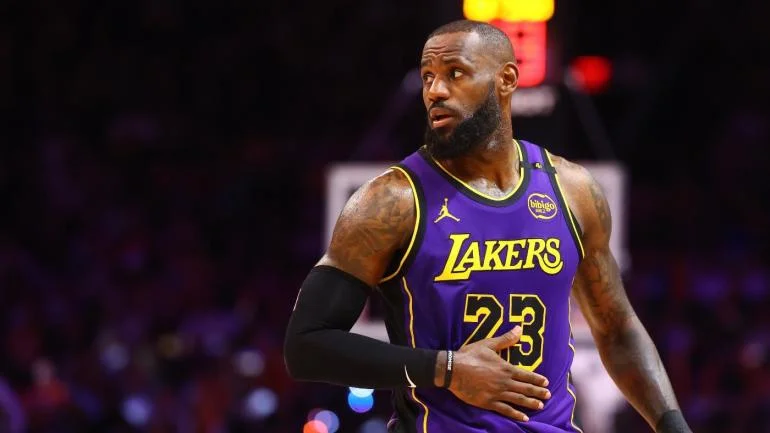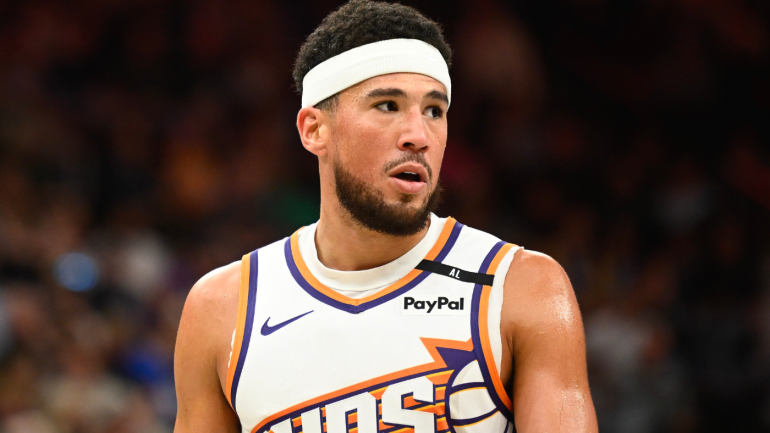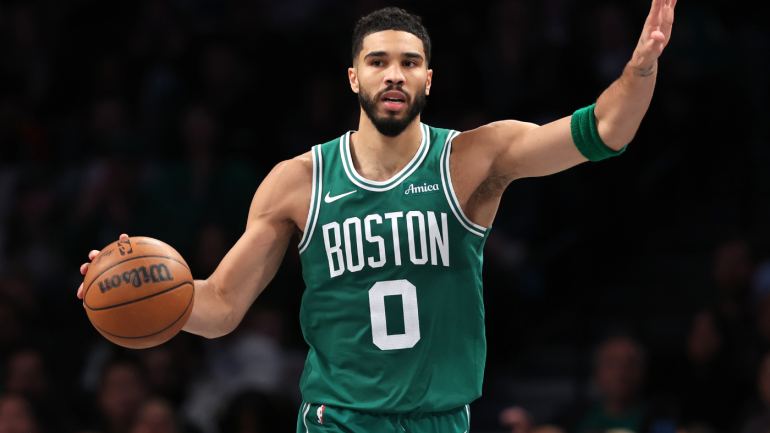The NBA famously employs a draft lottery to prevent tanking. At times, that system leads to a fortuitous fit between player and franchise (like local hero Lonzo Ball landing on the Lakers), but oftentimes the fates aren’t aligned, which finds a team selecting the perceived best player available even if there’s not a great fit for their particular roster (like Jahlil Okafor going to big-heavy Philadelphia).
That got me thinking (as a thought exercise, not an actual suggestion): what if we assigned the top prospects to the worst teams? What’s the best fit for each?
I decided to employ this game for the 5 best prospects, and 5 worst teams right now, and assign fits accordingly. Feel free to do the same in the comments below.
Dallas Mavericks, 2-10 (-7.9 point differential)
building blocks : PG Dennis Smith, F Harrison Barnes, (C Nerlens Noel?)
Welcome to the Dallas Mavericks Luka Doncic
Although Dallas has buried itself deep in a rebuild for the first time in decades, the core appears to be a solid fit together so far. Dennis Smith Jr. should eventually become their alpha dog scorer, while Nerlens Noel (if re-signed) projects as an ideal defensive center in today’s game. And whether you think Harrison Barnes is worthy of his contract or not, his positional versatility at the SF and PF spots allows this team some flexibility moving forward as well.
In terms of adding another major piece to this puzzle, I’d assign them SG Luka Doncic (Real Madrid). Doncic can play either the SG or SF spots himself, but I particularly like the idea of Doncic sharing the backcourt with Dennis Smith. Doncic isn’t as athletic as Smith, but he’s a more savvy and steady player who would complement him well.
The fanbase fit also works well here. Dallas fans have come to love another international player in Dirk Nowitzki, and would naturally embrace Doncic and his high basketball IQ as well.
Chicago Bulls, 2-8 (-7.4 point differential)
building blocks : PF Lauri Markkanen, (SG Zach LaVine?)
Coach Fred Hoiberg is finally able to play the type of basketball that he wants to, upping the pace and launching threes with abandon. Better yet, he has a rookie in Lauri Markkannen who fits well into that long-bombing approach. At the moment, Markkanen is taking 7.2 threes per game, connecting at 36.1%. He’s a great fit for Hoiberg’s offensive philosophy.
The rest of the team…? Not quite as much. In fact, if you subtract Markkanen, the Bulls are shooting 31.0% from three. It’s no wonder that they’re scoring a league-low 93.6 points per game.
This franchise clearly needs more scoring punch, and there’s no one better equipped to provide that than F Michael Porter (Missouri). Porter suffered a hip injury in his first game, but should be more than fine and ready to light up the scoreboard sooner than later. He’s an offensive force, with good size at 6’10” that can allow him to play SF or PF. The fact that he’s from nearby Missouri doesn’t hurt matters either.
Sacramento Kings, 3-8 (-9.0 point differential)
building blocks : PG De’Aaron Fox, SG Buddy Hield, FC Skal Labissiere
The Kings have a promising collection of young talent, highlighted by a backcourt that complements each other well with De’Aaron Fox and Buddy Hield.
The rest of the roster — particularly the forward positions — is more of a mixed bag. I like Skal Labissiere and Willie Cauley-Stein as mobile bigs, but I’m not sure if they should be playing heavy minutes together. Instead, I’d like to see them add another stud like PF Marvin Bagley (Duke) to lock up that 4 spot.
Bagley showcases an all-around game that could become a centerpiece for Sacramento moving forward. He should be a “plus” on both offense and defense, with a team-game approach that may remind Kings fans of Chris Webber.
Atlanta Hawks, 2-10 (-7.4 point differential)
building blocks : PG Dennis Schroder, SF Taurean Prince, PF John Collins
Rookie PF John Collins has flashed some real scoring potential so far this season, but this is still a roster that lacks a signature franchise talent.
Given that, I’d like to see them take a major home run swing on a prospect like C DeAndre Ayton (Arizona). Classic centers aren’t en vogue right now in the NBA, but Ayton doesn’t necessarily need to be a traditional post player. If anything, he’s been criticized for not dominating in the paint and drifting out as a pick and pop shooter.
For Coach Mike Budenholzer, that may be seen as an asset. After all, he’s the coach who has big man Dwayne Dedmon launching 1.2 threes a game this season after taking one three point shot in his entire career prior to that. Under Bud, Ayton may be molded into the perfect modern center — sort of like a Joel Embiid type. The fact that Budenholzer worked with the Spurs and Tim Duncan for so long also makes him an ideal coach to build around a true big.
Phoenix Suns, 4-9 (-10.5 point differential)
building blocks : SG Devin Booker, SF Josh Jackson, SF T.J. Warren
The fact that I can’t even list the Suns’ young bigs like Marquese Chriss and Dragan Bender as legitimate building blocks shows how unconcern their future is at the moment; they’re still promising talents, but not anyone that you can truly rely on to become a good starter.
With that in mind, I can see the Suns going back to that same well and taking another big man like C Mohamed Bamba (Texas). Bamba is most famous for having an insane 7’9″ wingspan, which makes you dream of his Rudy Gobert – type potential on the defensive end.
With Devin Booker handling the lion’s share of the offense, defense is exactly what the Suns can use going forward; they’re giving up a league-high 116 points per game for a reason. I also like the idea of Tyson Chandler as a mentor for Bamba, even if that hasn’t worked like magic pixie dust for their other bigs so far.




